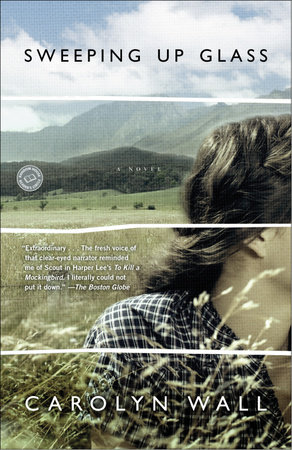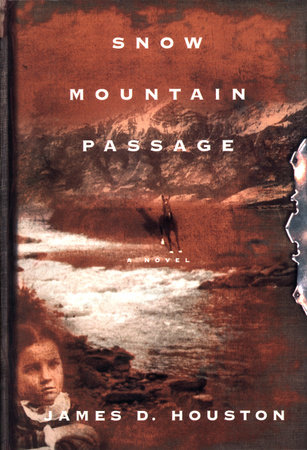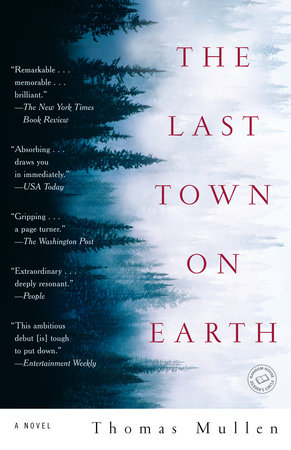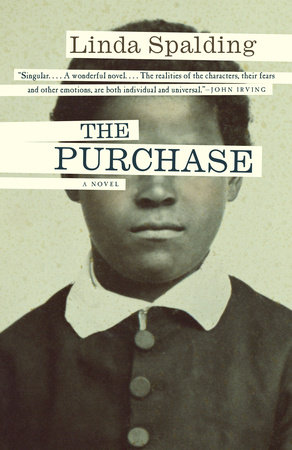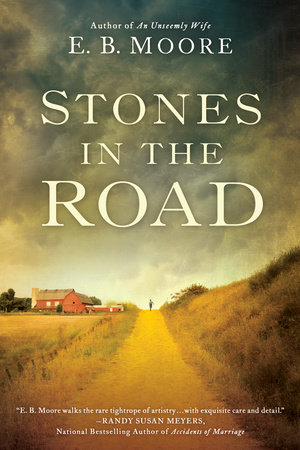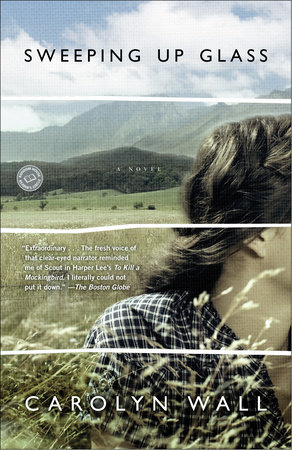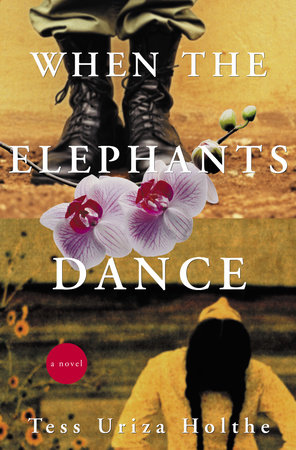Author Q&A
The Birth of Sweeping Up Glass
by Carolyn Wall
Iwas teaching a group of writing students in my living room, and the subject for the evening was “following the heart.” I used baseball as the metaphor. “When the mind sets up chatter,” I said, “the heart can’t remember its name, let alone watch the ball.”
At the time, I’d sold several hundred articles, short stories, columns, and reviews, and as a wife and mother of four, I had become more subservient to the Texaco bill and the electric company than any elusive chamber of the heart.
But that night, I swept my class out the door and, still revved from the emotion of my own lecture, I went to the computer and fingered the keys. Out fell a scene from Sweeping Up Glass, the one in which Olivia has just told Percy that the baby is his. He shoves her out of his car, and she lies on the side of the road, the broken blue sequins of her dress making her think the stars have fallen. With the baby ready to make its exit, Olivia, stunned with gin, listens to the wolves calling down the night and waits for Ida to come out and fetch her. I had no idea where that scene came from.
Still, I knew how to be a stubborn child, so I backed up and let Olivia boil over. I knew what it was like to adore a father, and experience hellfire with a ma’am, so much of this book is culled from my life. The first character to be spun from thin air was Love Alice. Her name, and its reason for being, burst in my head like a kernel of corn popping.
Love Alice was the first chirping robin of spring, and she had this gift, could look in another’s eyes and know his Truths. Only in subtle ways could Love Alice tell us how she saw herself. Afterward, I briefly considered writing a book from her viewpoint, but she was too profound, too accepting, and I’d never be able to sustain her for that long. Love Alice was the perfect friend.
Junk was enormous fun to write, and at the end of each scene, I had trouble leaving him. He became Love Alice’s soul mate, Olivia’s rock, and a baptizer and pillar of the community. Because I wanted this book to also be about “overcoming,” it seemed only right that he, too, had been badly hurt.
In my stories, I love to harbor, then expose, secrets. Not all of them, when let loose, bloom as deliciously as my hotelier and trumpet player. I fashioned him from sweet fantasy– comfortably handsome, close to his God, and sexy to the core. Every woman should experience one Wing Harris.
Although my face is that peachy color we folks call white, I live in a mostly black community. I love its fluid movement, the hum of its language. I was not at all surprised when Olivia prayed to God to change the color of her skin. I began her story upon conception: her refusal to leave her mother’s womb, how Ida could not recognize her birth and was trucked off to an asylum. Here’s a true story that I almost included in this book. Maybe it’ll show up in a later one.
When I was born, we lived over a grocery store in Toronto. My father built crates in an alley for Canada Box, and sold meat pies from the basket of his bicycle. With my mother gone off to a small private hospital for shock treatments, we moved into rooms at the top of Gramma’s house. On Sunday evenings, Dad dismantled my crib, roped it to the top of the car, and threw all the baby things in back. Then he laid me on the seat beside him and drove around Toronto, looking for an aunt and uncle to take me. In a relative’s house, he’d set up my crib and kiss me good-bye.
To help support us, and to pay the doctor and hospital bills, he worked three nights a week building radios and record players for RCA Victor. He visited my mother in the hospital and took a Wednesday-night electronics class in the back room of a Chinese restaurant.
After work on Fridays, he’d come to me, dismantle my crib, tie it to the car, toss in my stuff, and drive us home. The next Sunday night, we began again.
My poor aunts must have grown terribly weary of me, sometimes calling Dad to “come and get this kid.” “No matter,” he once told me. “When Gramma saw you coming, she’d open her arms wide.”
Thus were born Olivia and Will’m. Writing love for grandchildren was a given, and I’m sure I’m not finished. Because I did not want to bore the reader, I wrote what I hope are unique relationships between characters. Some - thing basic happens when two people are in a room together, even if they have not yet met. As each character’s face, name, and trouble spilled from my fingers, I knew the possibilities were endless.
If there ever is a sequel to Sweeping Up Glass, Olivia will feel deeper ties to earth, sky, and water. And, had there been an epilogue to the epilogue, surely Will’m’s connections to his mother and grandmother would have impacted the ways in which he raised his own children.
From the beginning, Olivia ached to show readers that when a thing seems to be solidly black and white, maybe it isn’t. And that moment by moment, she chose her actions and who she wanted to be. I opted for this title because, in the face of tragedy, Olivia reached for her dustpan.
As for picking Kentucky–why does any place speak to us? I wanted to set my people down in a community that was close and passionate and persecuted, and somewhere along the way I’d fallen in love with Kentucky’s mountains and their stories. In the saddest places, I saw dignity. And somewhere– I can’t remember the exact spot–I heard music.
My children and their offspring are far more to me than just my blood and bone. The real Ida gave me her creativity and stubbornness. She passed on two months after Sweeping Up Glass was sold, never knowing it existed. In its pages, I don’t think she’d have recognized herself. Still, she worked crossword puzzles in the newspaper with a pen until six weeks before she died. Not much got past her.
My father was a fine speaker. Guests would say “Put on the kettle, Frank, and tell us a story.”
Making up tales–for which I was spanked as a child–is now the axis on which my world turns. May that happen to us all.
Know this: Sweeping Up Glass is fifty percent truth, and fifty percent based on fact. The other fifty percent (which speaks of my math skills) is flat made-up.
